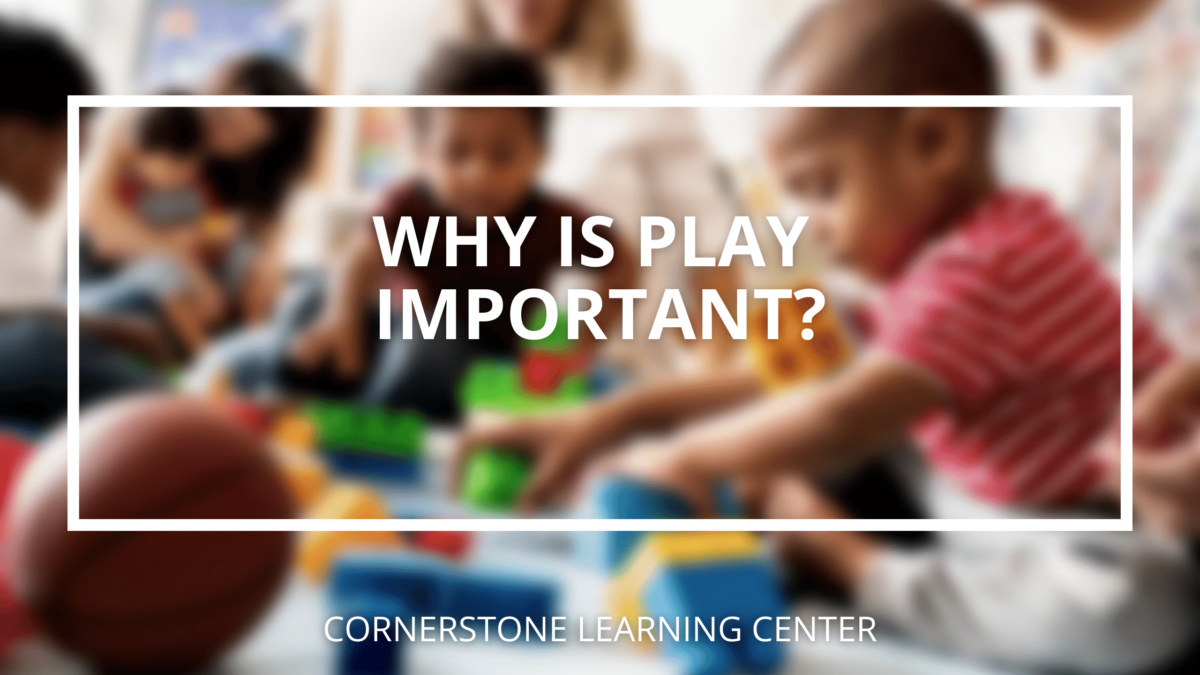It’s true what they say, play is the work of a child. Time spent playing it is an essential component of development during childhood, as it has a significant impact on cognitive, social, and physical development. Children who play learn important life skills, including sharing, cooperating, and creating friendships with peers. Play also gives children the opportunity to be creative and imaginative. When children play, they develop a wide range of skills that can help them succeed in school and beyond. Here are seven reasons why play is important for every child.
1. Play helps foster social skills
Engaging in play is one of the best ways for children to hone their social skills. Through play, children have opportunities to interact with their peers and step into different roles that will help them build confidence. For instance, games like tag or hide-and-seek allow children to play the role of “It” while teaching them teamwork. Without play children are deprived of the chance to practice and develop vital social skills that will enable them to build healthy relationships with their peers.
2. Play promotes creativity
The ability to think “outside of the box” is another important skill for children to acquire. This skill is also something that play can enhance. When children play, they are given the chance to explore a variety of scenarios, as they can experiment and be creative, imaginative, and think freely.
Additionally, children who frequently engage in imaginative play tend to have better self-regulation, emotional control, and flexible thinking, according to research by VanderVen et al. (2013). When kids are faced with stress or challenges in life, they often use make-believe as a coping mechanism. Their ability to imagine themselves in another place or time allows children to create a safe and non-threatening environment in which they can get lost.
3. Play enhances problem-solving skills
Children who engage in regular play learn to develop strategies for finding solutions to problems. They may try out different approaches, such as deciding how they might use their available toys, or talk about why something isn’t working and what else can be done. By exercising trial and error, children begin to understand why some ideas and strategies may work better than others, which they will be able to apply as they continue to develop problem-solving skills in everyday life.
4. Play encourages physical activity
While physical activity is important for everyone, it’s particularly essential for children. Physical activity allows kids to focus on their gross motor development, which helps them develop healthy habits that can continue into adulthood. Playing also helps children build endurance and coordination, which fosters overall health throughout childhood into adulthood.
5. Play helps alleviate stress and anxiety
Just like adults, kids can also experience stress from time to time. When children feel anxious about school or at home, play can help relieve stress. Because play is fun for kids, it’s something that they’re drawn to when their emotions become too overwhelming. Releasing anxiety and stress through play can help children feel calmer and more relaxed.
6. Play improves literacy
Did you know that play can also strengthen a child’s communication and literacy skills? When children play, they practice engaging in conversations with their peers. Through conversation, kids learn how to take turns, negotiate, and use language in a meaningful way. With this practice, children can build stronger literacy and communication skills that will help them throughout their lives.
7. Play encourages independence
Young kids spend most of their days being told what to do. The best thing about playing is that children can decide which games to play and what the rules will be. Engaging in play gives kids opportunities to exercise a sense of independence.
Also, children who are comfortable with occasional solitary play are less likely to feel overwhelmed when they go off to school, as they tend to be better equipped when it comes to figuring out solutions and tackling hurdles on their own.
There are countless reasons why play is such an essential component of healthy childhood development. Let children make the most of their childhood and develop valuable life skills by encouraging them to engage in regular play time.
At Cornerstone Learning Center, we believe you will find our school has everything you are looking for in a quality Christian education. We encourage you to see what we are all about by visiting our website.

